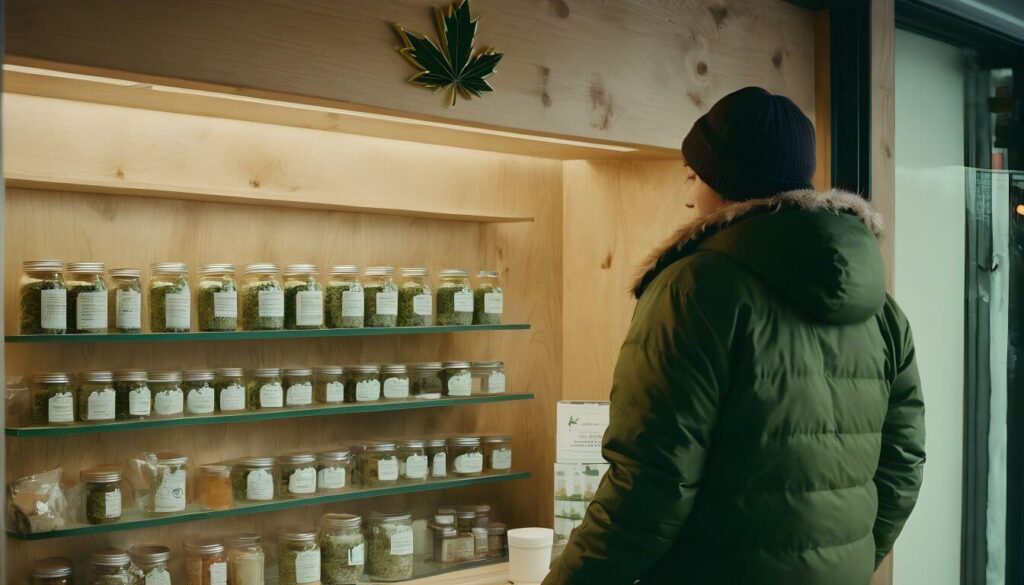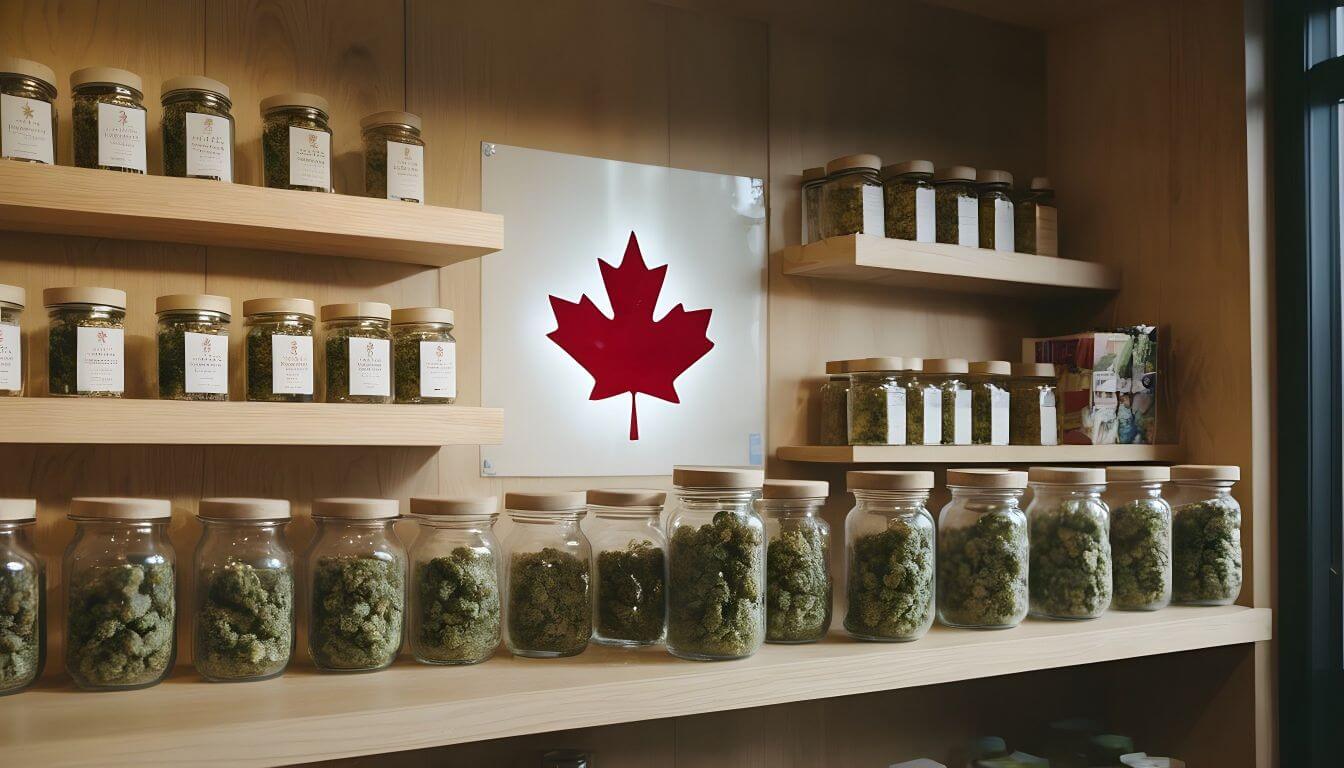Said to be a milder alternative to delta-9 THC, but with some stronger therapeutic effects than CBD, delta-8 THC (delta-8-tetrahydrocannabinol) is quickly gaining attention in Canada. However, despite changes to the Canadian Cannabis Act in 2019, which legalized recreational cannabis use, delta-8 products are becoming increasingly more difficult to find due to their legal ambiguity. Let’s explore what you need to know when you want to use delta-8 in Canada.
Quick Explanations: What is Delta-8 THC?
With its double bond on the 8th carbon chain, delta-8 is a naturally occurring cannabinoid found in cannabis plants. However, cannabis likes creating THC cannabinoids with their bond on the 9th chain, producing delta-8 in very minimal amounts. This is why delta-8 products are created by synthesizing delta-8 from more abundant cannabinoids through various chemical reactions.
Modifying cannabinoids through chemical reactions performed in a laboratory setting isn’t inherently a problem, as exposure to heat, light, or oxidation transforms cannabinoids into another all the time — both when the plants are alive and after harvesting. However, cannabis products lack a significant amount of regulatory oversight. This can result in contaminated items due to improper removal of the chemicals used during the manufacturing process.
The Legal Status of Delta 8 THC in Canada
Despite producing a notably less potent high along with milder side effects, delta-8 THC is treated nearly equally to delta-9. Fortunately, thanks to 2019 amendments to the Canadian Cannabis Act, like delta-9, delta-8 is legal to purchase and consume. Unfortunately, major provincial distributors, including Ontario Cannabis Store (OCS) and BC Liquor Distribution Board (LDB), have discontinued the sale of delta-8 until safety concerns, mainly regarding the manufacturers’ practices used to create delta-8 THC, have been thoroughly explored and regulated.
Regardless of where you end up buying delta-8, you should be diligent about purchasing delta-8 items from reputable sources, as the products must meet current cannabis standards. This includes delta-8 items not exceeding total THC levels, which can be tricky since it is nowhere as strong as delta-9 THC. For example, edibles can’t have more than 10mg of THC per package. Delta-8 is potentially around one-quarter to one-third less potent than delta-9. Some heavy cannabis partakers will find 10mg of delta-9 not enough for their needs.
Consumer Perception and Canadian Market Trends
With effects and benefits that sit nicely between CBD and delta-9 THC, delta-8 offers an exciting prospect to many who want a little more punch from their CBD products but don’t want to feel the strong intoxicating effects of delta-9 THC. By activating CB1 receptors, delta-8 can help with issues such as appetite stimulation where CBD won’t. So, while delta-8 is following CBD’s path to popularity due to being an alternative to delta-9, delta-8 THC is a closer alternative, bringing something new to the table.
However, you don’t need to choose one over the other. In fact, CBD and delta-8 may work better together because CBD’s stronger affinity for CB2 receptors can promote greater immune support than delta-8 can. Additionally, CBD may help dial down delta-8’s ability to cause a high by partially blocking access to CB1 receptors, which when overstimulated, result in intoxicating effects.

Health Concerns and Regulatory Challenges for Delta 8
In Canada, delta-8 faces two big issues. Issues that have caused two of the country’s largest provincial wholesale distributors to discontinue the sale of delta-8 products.
Issue #1 – While they are eerily close in structure, the differences between delta-9 and delta-8, which result in a milder high, need to be addressed through greater research and regulatory agencies. This is especially the case when shipping delta-8 products from other countries like the U.S. to Canada. Many brands find the required import licenses and approval from Health Canada too much work to deal with.
Issue #2 – Unlike delta-9 and CBD products, all current delta-8 products on the market are semi-synthetic, relying on processes such as isomerization to create them. There are already several concerning practices taking place when creating naturally-derived cannabinoid-based items due to a lack of regulation, and delta-8 only extends that. Many health experts have expressed concerns that semi-synthetic cannabis products could contain residue dangerous to human health.
Conclusion
Key Points
- Delta-8 is a milder alternative to delta-9 THC but will have effects and benefits that closer align to delta-9 vs. CBD, which is another popular alternative to delta-9.
- Despite recreational cannabis use becoming legal in 2019, several distributors have discounted selling delta-8 items due to health concerns related to the improper use and removal of chemicals used to create semi-synthetic cannabinoids.
- While it can be completely safe to manipulate a cannabinoid structure to resemble another, the lack of regulatory oversight all cannabis items see has many health experts concerned.
I encourage you to only buy from reputable sources while potentially giving more time for research and regulations to establish themselves before using cannabis items created with artificial levels of delta-8 THC.





